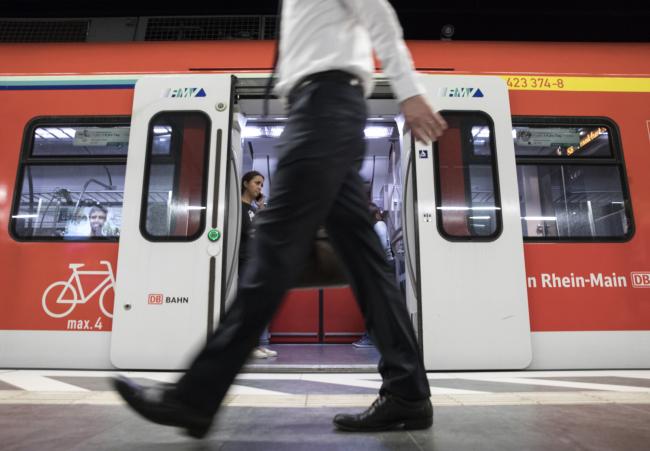Stryker shares tumble despite strong Q2 results and raised guidance
(Bloomberg) -- Germany’s labor market looks like it’s starting to crack under the weight of a manufacturing recession, raising the pressure for the government to respond with fiscal stimulus.
The number of people out of work increased by 4,000 to 2.29 million in August, the fourth straight month that joblessness failed to drop after six years of almost continuous decline. The unemployment rate remained at 5%, near a record low.
A labor-market downturn could tip Europe’s largest economy into a recession. Manufacturing is already contracting, hit by a slump in exports amid global trade and political tensions. Higher unemployment threatens to hit the consumer spending that has so far kept the services sector robust.
The government, after years of running a budget surplus, has signaled it’s willing to step in with fiscal support if needed. Higher joblessness could give Chancellor Angela Merkel the justification to act.
The German economy shrank 0.1% in the second quarter and the Bundesbank is among institutions expecting another decline in the current three months. That would meet the typical definition of a recession.
Business confidence fell for a fifth month in August, and blue-chip companies including Henkel and Continental have cut their profit expectations for the year. Consumers are turning more pessimistic in surveys.
The European Central Bank has also called on Germany to use the leeway in its budget, as the nation’s woes threaten to exacerbate economic weakness in the euro zone as whole. German inflation due later Thursday is forecast to come in at 1.2% for August, a slight improvement on July but still feeble enough to drag on the ECB’s goal of just under 2% for the currency bloc.
ECB policy makers are widely expected to cut interest rates further below zero when they meet on Sept. 12.
